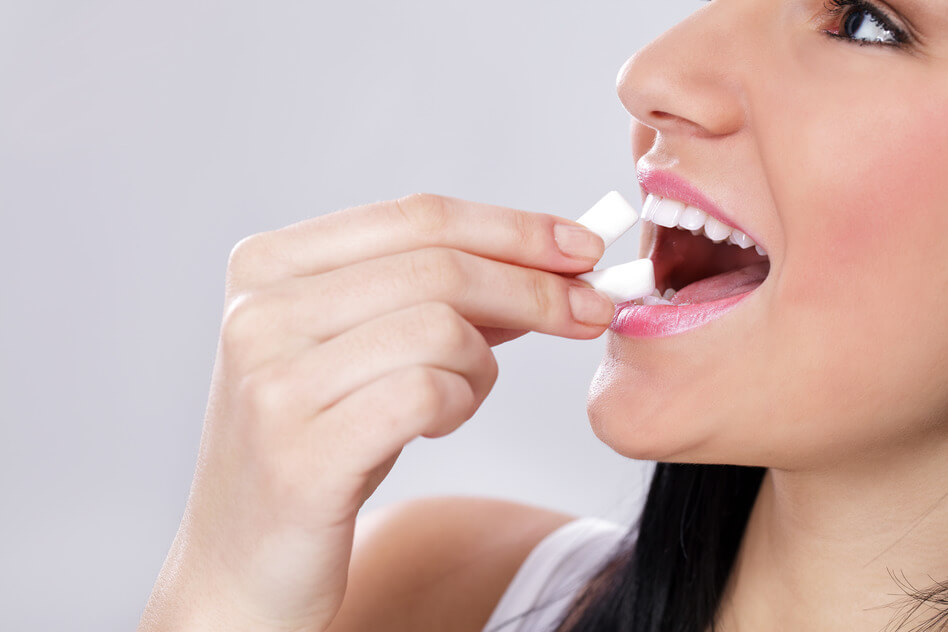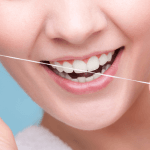
Having bad breath from time to time, such as after eating a meal with garlic or onions, isn’t a cause for concern. However, having unpleasant breath on a regular basis could indicate that you have an oral health problem. In addition to using mouthwash and brushing your teeth at least twice a day, you should also see your dentist about this. Dentists can provide you with effective treatment for persistent bad breath.
Tooth Decay
Severe tooth decay can cause your breath to have a foul odour. Your teeth can develop decay when bacteria are allowed to feed on sugars and starches, which happens when you don’t brush often enough or thoroughly. Bacteria form plaque on the surface of your teeth, increasing your risk of tooth decay. Acids in plaque cause protective tooth enamel to erode, making it possible for bacteria to reach deeper layers of your teeth.
Your dentist can help get rid of bad breath by treating tooth decay. This might involve getting fillings if decay is more severe, or having fluoride treatment to strengthen your tooth enamel and prevent decay from getting worse if it’s mild. If you have serious tooth decay, you might need to have the affected teeth removed or undergo a root canal.
Gum Disease
Gum disease is a common cause of bad breath. When you have periodontal disease, which is a more serious form of gum disease, you might have an unpleasant breath that doesn’t go away. This happens due to the presence of bacteria that attack your gum tissue.
Your dentist can treat mild cases of gum disease, which should ease unpleasant breath, but you might need to have professional periodontal treatments done for more advanced gum disease. In addition to having treatment for gum disease, your dentist might recommend using mouthwash and toothpaste that has antibacterial properties. These products help reduce the amount of plaque on your teeth and get rid of bacteria that cause gum disease.
Routine Cleanings
Seeing your dentist for routine cleanings is an effective way to control the bad breath. During these cleanings, your dentist will check for tooth decay and gum disease. If you have either of these dental problems, your dentist will make sure you receive treatment. Prompt care of decay and gum disease, along with brushing and flossing at home, can lower your risk of having to deal with frequent or persistent bad breath.





